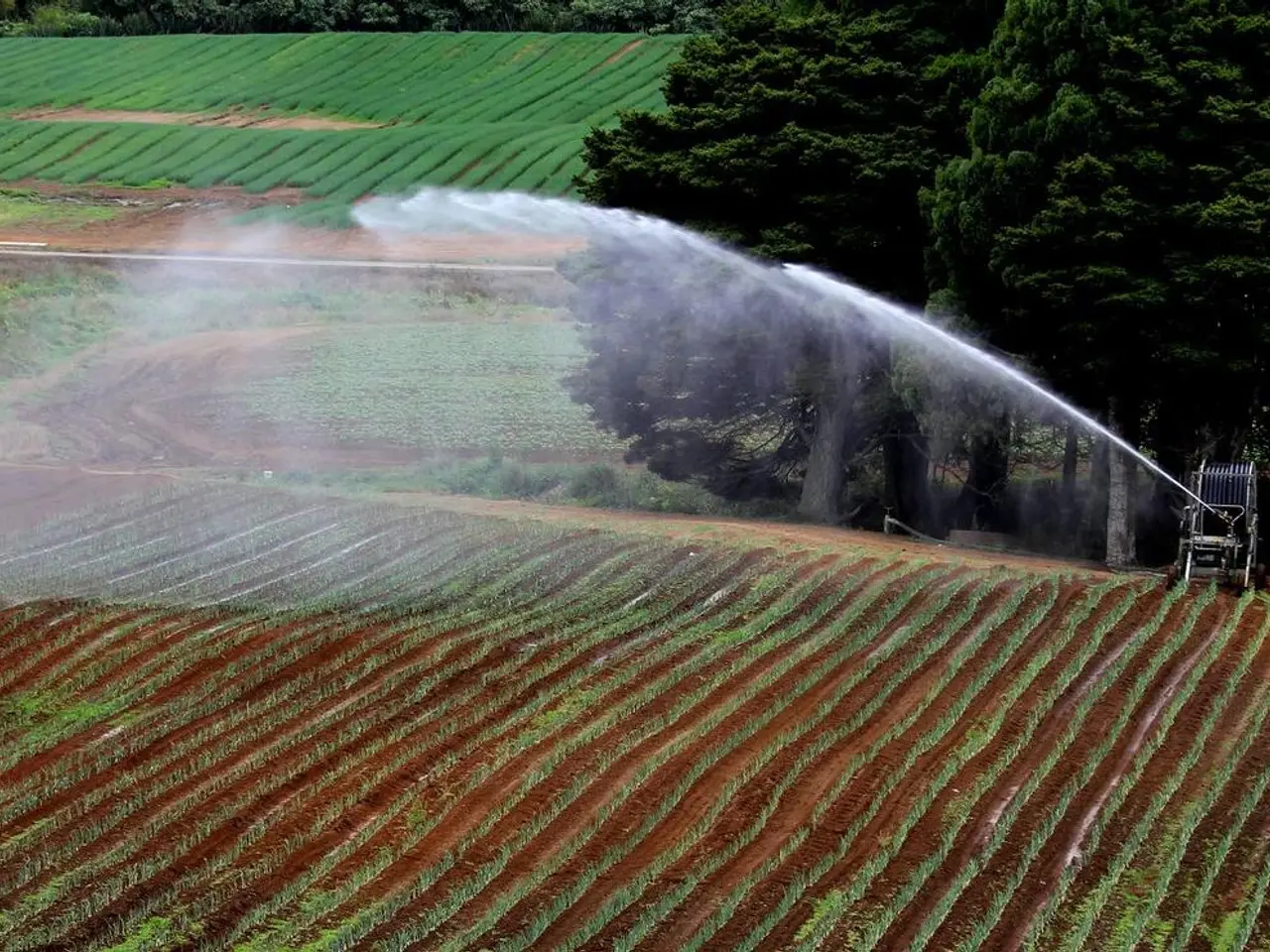Exploring the importance of feminist viewpoints in agriculture ecology
In Latin America, a significant movement is underway to empower rural women farmers and promote sustainable agriculture. This movement, driven by women's organizations, researchers, and activists, is striving for better access to land, technical support, and fair recognition of women's care work.
One of the key regions witnessing this change is the Bolivian highlands, where the feminization of the rural space is on the rise as men migrate to cities. In these regions, women are not only providing for their families and neighbours but are also preserving a wide variety of crops and raising animals.
However, these women face challenges. They demand a significant reduction in the use of pesticides, which pose a threat to their health and the environment. In Argentina, the group Madres de Ituzaingó led the first lawsuit against aerial spraying of pesticides near their homes between 2009 and 2012. Similarly, teachers in rural schools in Argentina and Uruguay are highlighting the impact of pesticide use on human health and biodiversity.
To address these issues and empower rural women farmers, organisations such as La Via Campesina and the Latin American Coordination of Farmers' Organizations are advocating for food sovereignty, technology sovereignty, and digital self-determination. This emphasis on local autonomy, climate justice, and resistance to corporate dependency is crucial for a sustainable future.
In 2013, Latin American researchers founded the Alliance of Women in Agroecology (Aliança de Mulheres na Agroecologia, AMA-AWA) to make women's agroecological knowledge visible and to strengthen alliances between farmers and academics. This movement has gained momentum, with initiatives like the National Program for Strengthening Family Farming and the inclusion of gender-specific approaches in the Plan for State Policies in Family Farming and Agroecology in Brazil.
Moreover, at least 30% of funds for specific activities for women must be allocated in public projects in Brazil, and at least 50% of contractors for public tenders for technical assistance or agricultural training must now be women.
The struggle for gender equality in agriculture is not just about distributing tasks within the community but recognising women as protagonists in the struggle for life. Women practicing the agroecological approach are not "helpers," but leaders in this movement for a sustainable and equitable future.
Despite these strides, challenges remain. Rural women in Latin America often farm land that is not their own and have limited access to education or healthcare. The connection between agroecology, feminism, and women's perspectives is still not self-evident.
Nevertheless, the resilience and determination of rural women farmers in Latin America are evident. From the Latin American Institute for Agroecology of Women Farmers in Chile to the women who prevented the construction of the largest maize seed processing plant of the Monsanto corporation in Argentina, these women are sowing struggle and hope for a future where they are recognised as equal partners in agriculture and society.








